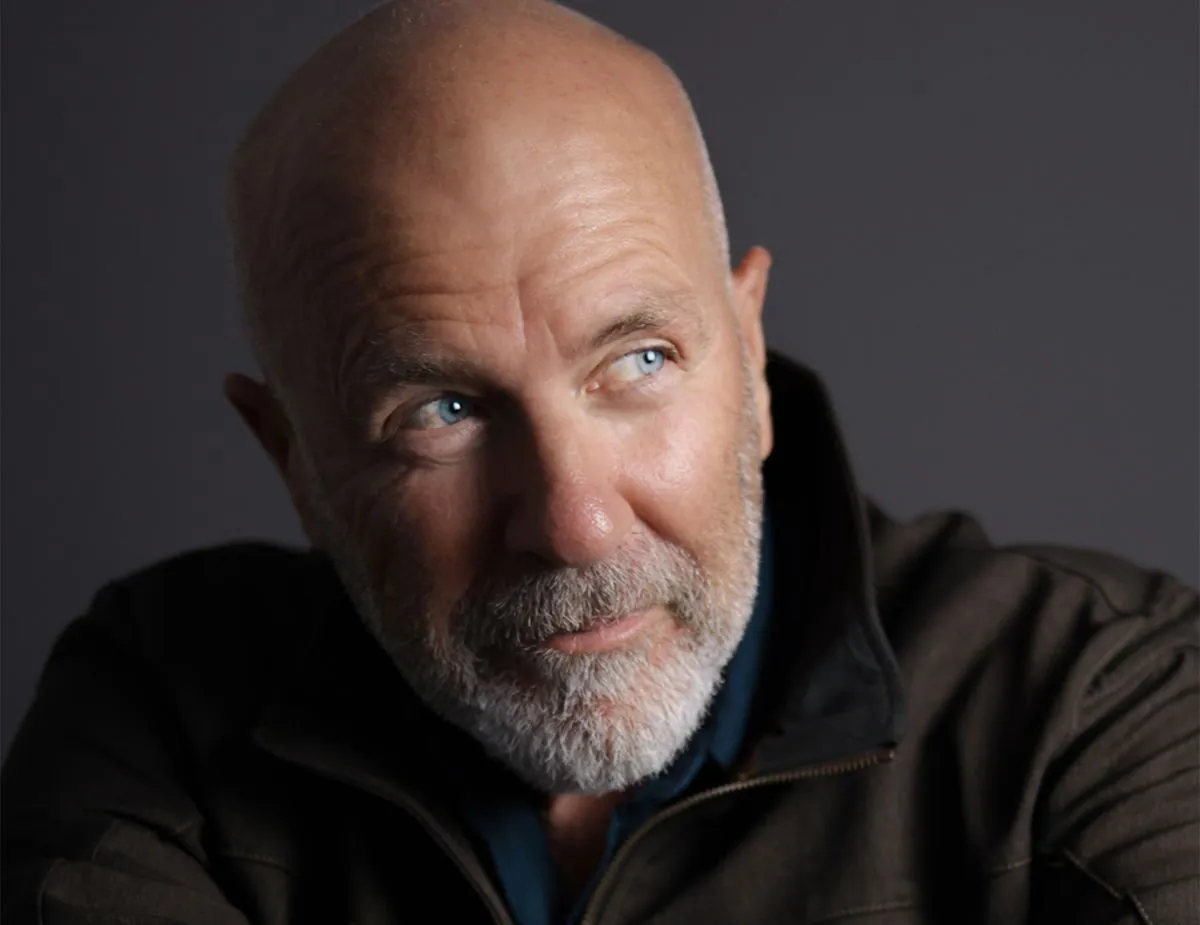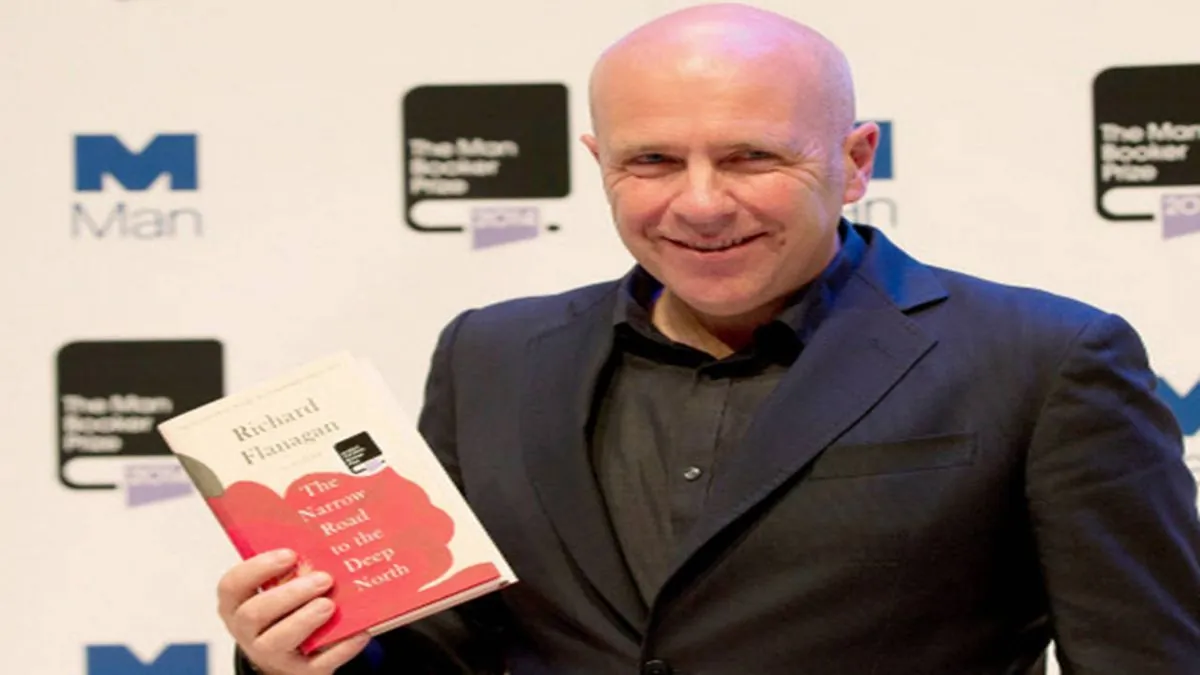Richard Flanagan's "Question 7": A Philosophical Journey Through History and Memory
Richard Flanagan's latest work blends personal history, World War II reflections, and environmental concerns into a thought-provoking narrative, exploring the complexities of human nature and the power of literature.

In 2014, Richard Flanagan achieved literary acclaim with his Man Booker Prize-winning novel "The Narrow Road to the Deep North." A decade later, the Australian author continues to challenge readers with his latest work, "Question 7," a philosophical exploration that weaves together multiple narratives and themes.
Flanagan's literary journey has been shaped by his family history, particularly his father's experiences as a prisoner of war during World War II. The Thailand-Burma Death Railway, constructed by Allied POWs under harsh Japanese supervision, serves as a backdrop to Flanagan's exploration of human nature and the lasting impact of historical events.
The author's diverse body of work reflects his commitment to addressing complex social and environmental issues. In 2001, his novel "Gould's Book of Fish" earned the Commonwealth Writers' Prize, delving into the colonial history of Tasmania, formerly known as Van Diemen's Land. More recently, Flanagan has turned his attention to environmental concerns, publishing "Toxic: The Rotting Underbelly of the Tasmanian Salmon Industry" in 2021.
"Question 7" represents a departure from Flanagan's previous works, offering a series of interconnected essays that explore the human condition. The book opens with a poignant interview with a former Japanese guard, prompting reflections on the nature of evil and personal responsibility. Flanagan draws on philosopher Hannah Arendt's concept of "the banality of evil" to examine how ordinary individuals can become complicit in atrocities.

The narrative then shifts to explore the unexpected influence of literature on real-world events. Flanagan traces the development of the atomic bomb back to H.G. Wells's 1914 novel "The World Set Free," which featured an "atomic bomb" in its futuristic plot. This literary connection leads to a discussion of Leo Szilard, considered the father of the atomic bomb, and his efforts to prevent its use through his friendship with Albert Einstein.
Flanagan's work also touches on the devastating impact of colonialism on Indigenous cultures, particularly in Tasmania. The author draws parallels between the destruction of Indigenous societies and the ongoing environmental degradation in his home state.
"What remains will be a wet gravel desert amid which will be found impoundments of dead water, ash heaps and tailings dams, charred tree stumps and open-cut holes, rusting derricks and cranes."
The book concludes with a harrowing account of Flanagan's near-death experience on Tasmania's Franklin River at the age of 21, adding a personal dimension to his philosophical musings on life, death, and memory.
"Question 7" has garnered significant praise from literary critics, with fellow Australian author Peter Carey describing it as potentially "the most significant work of Australian art in the last hundred years." While this assessment may be bold, it underscores the impact and originality of Flanagan's latest contribution to literature.
Through "Question 7," Flanagan continues to challenge readers to confront difficult questions about history, morality, and the human experience, cementing his place as one of Australia's most thought-provoking contemporary authors.


































